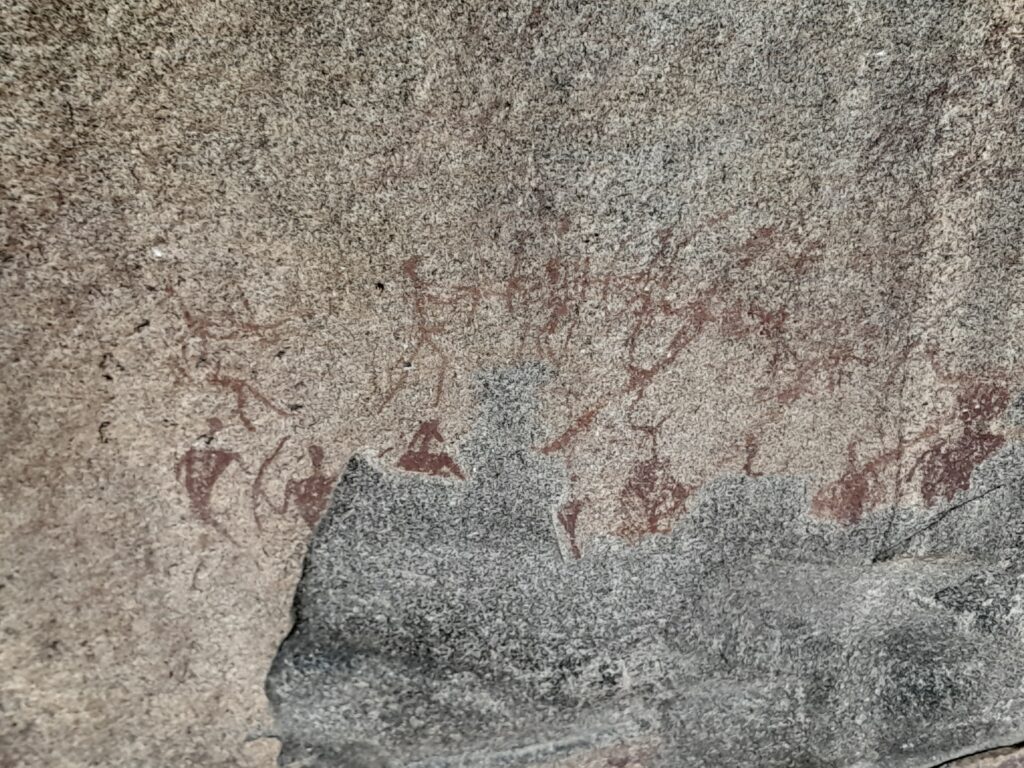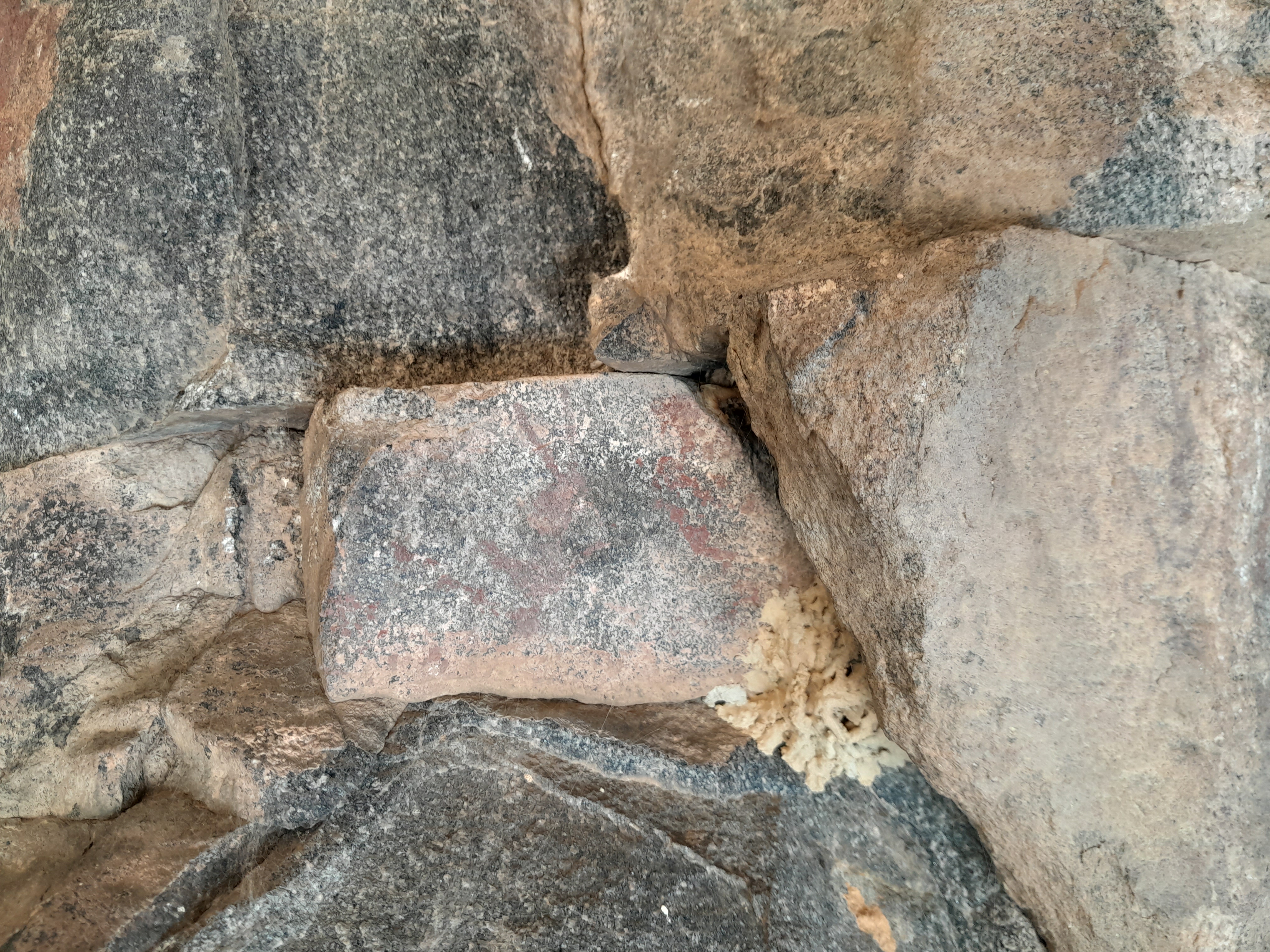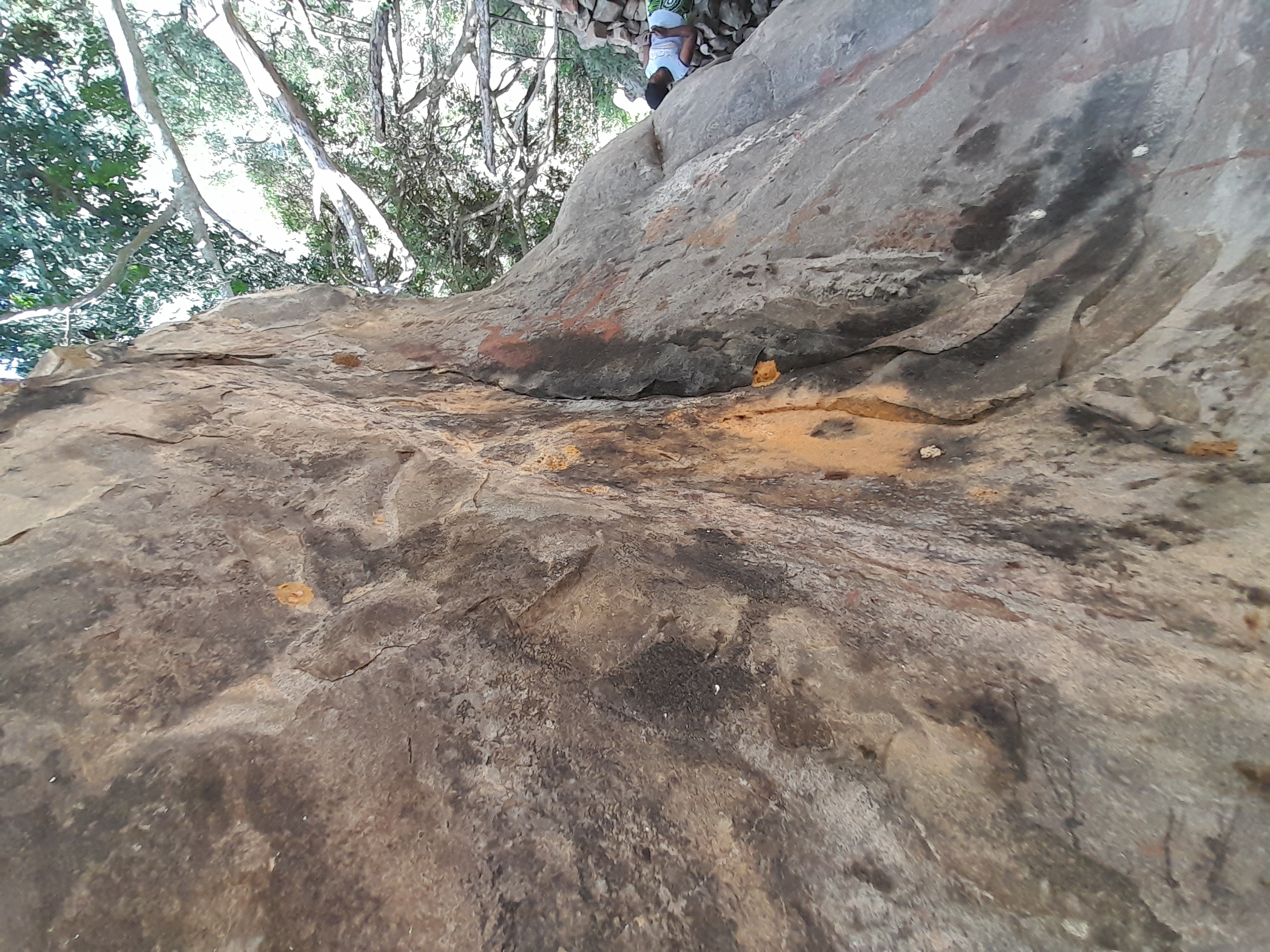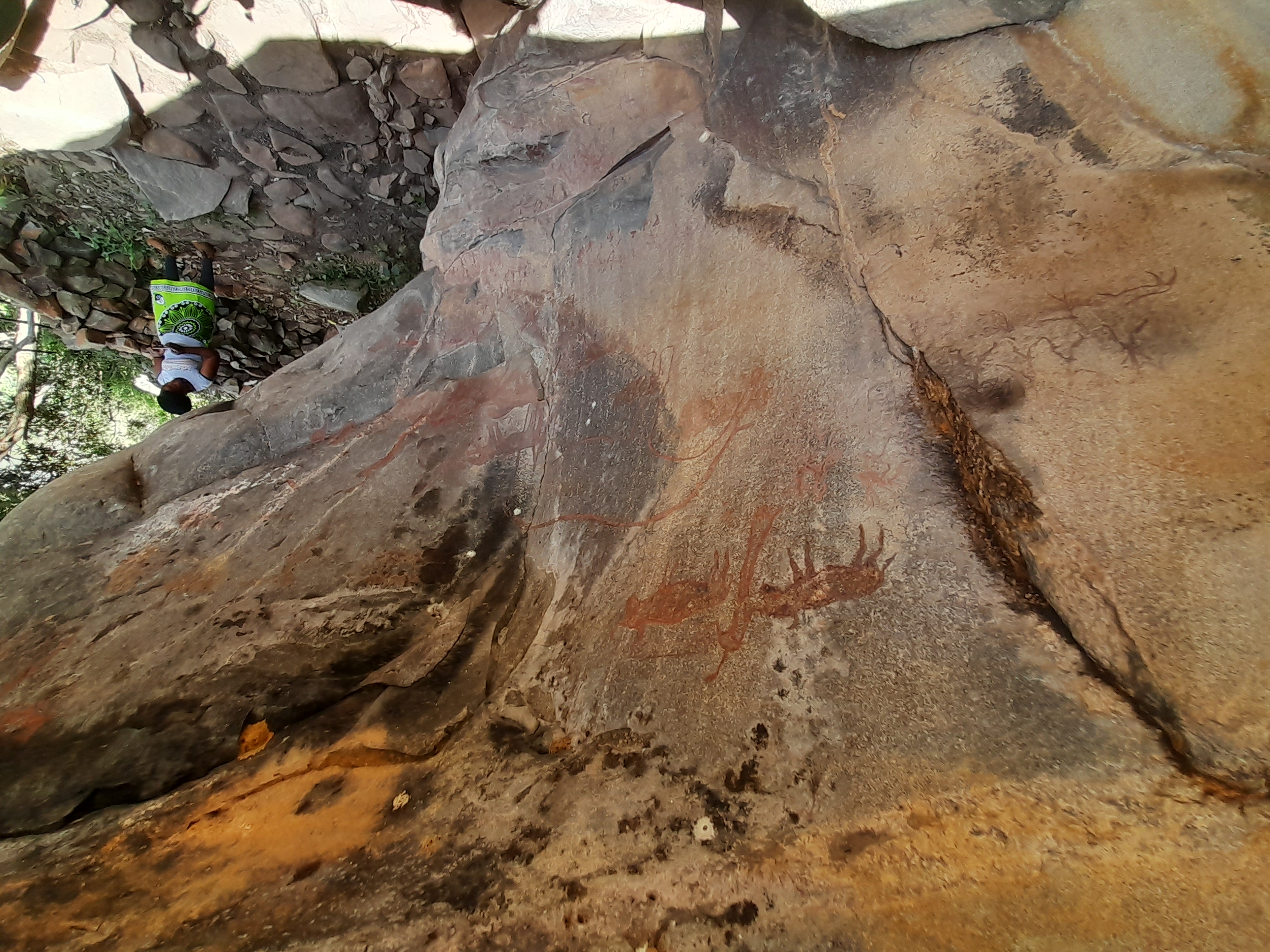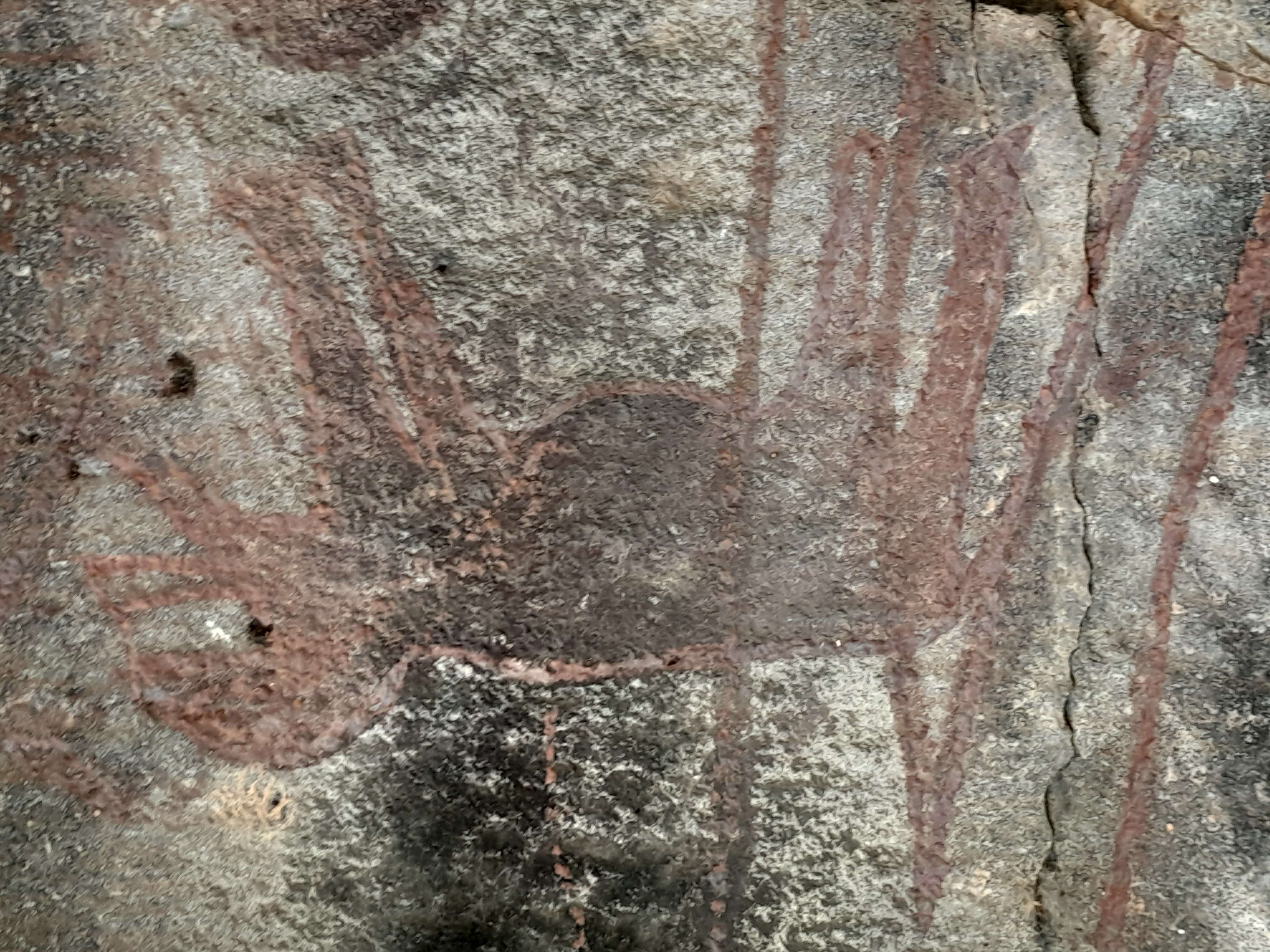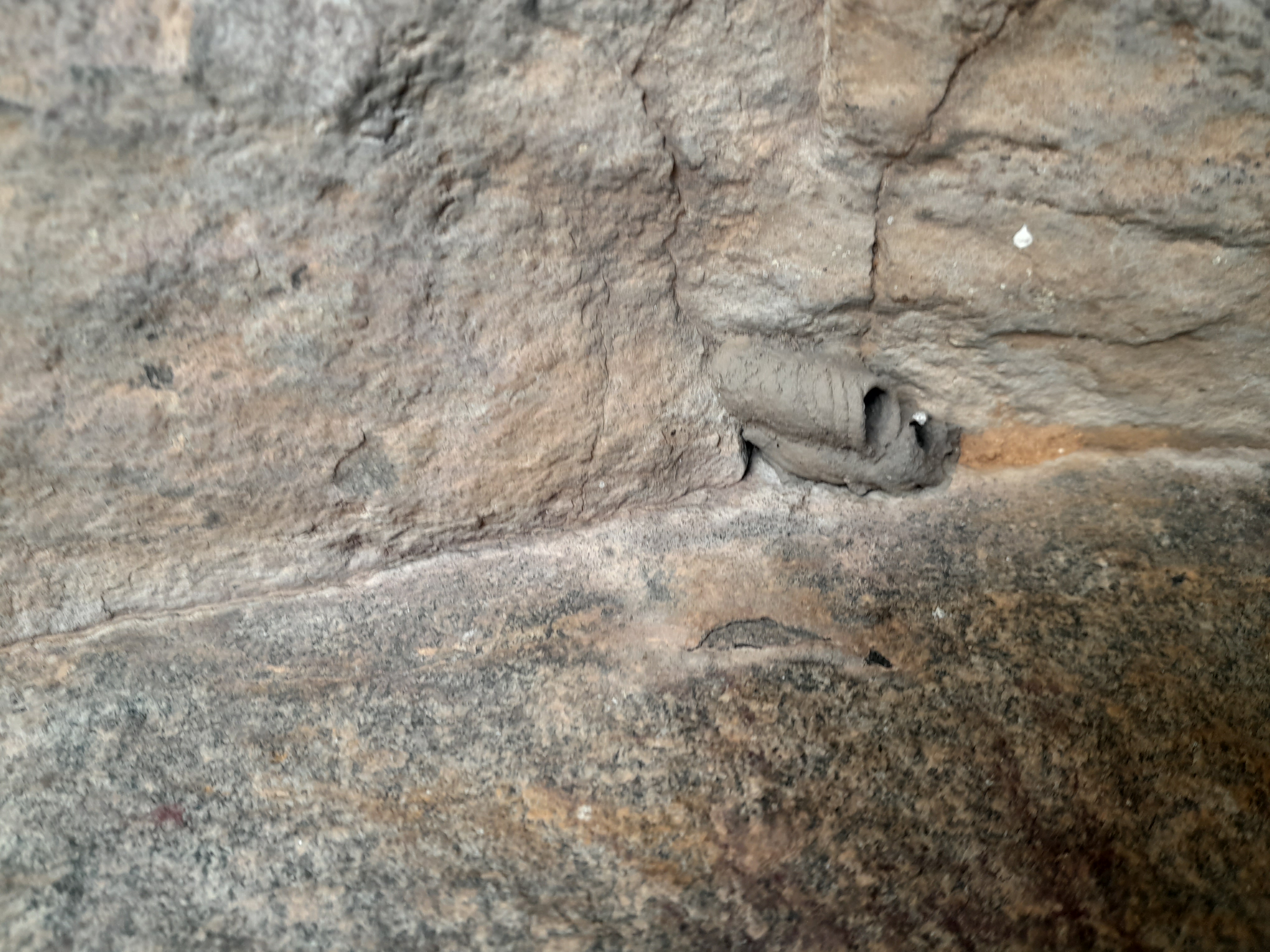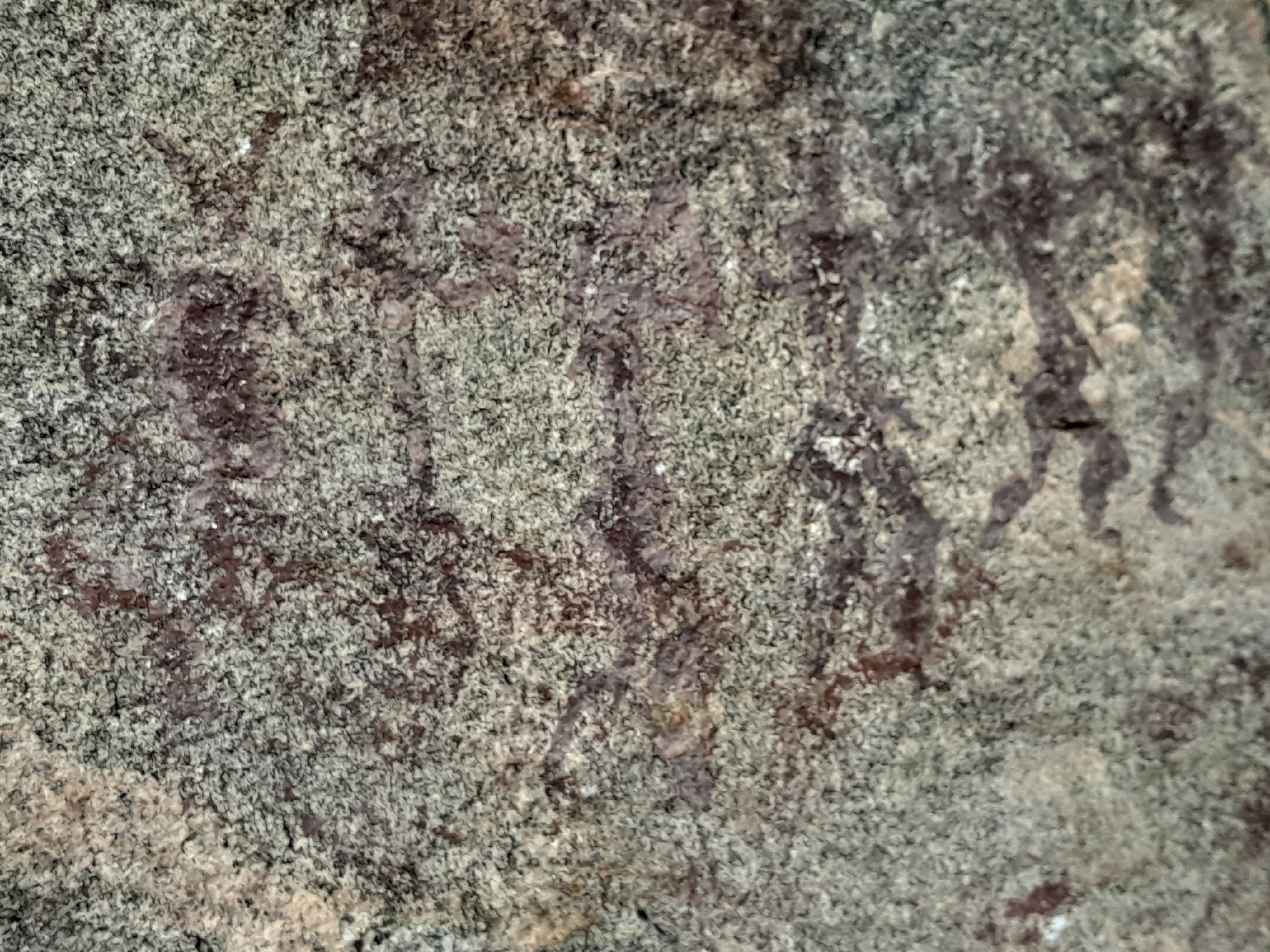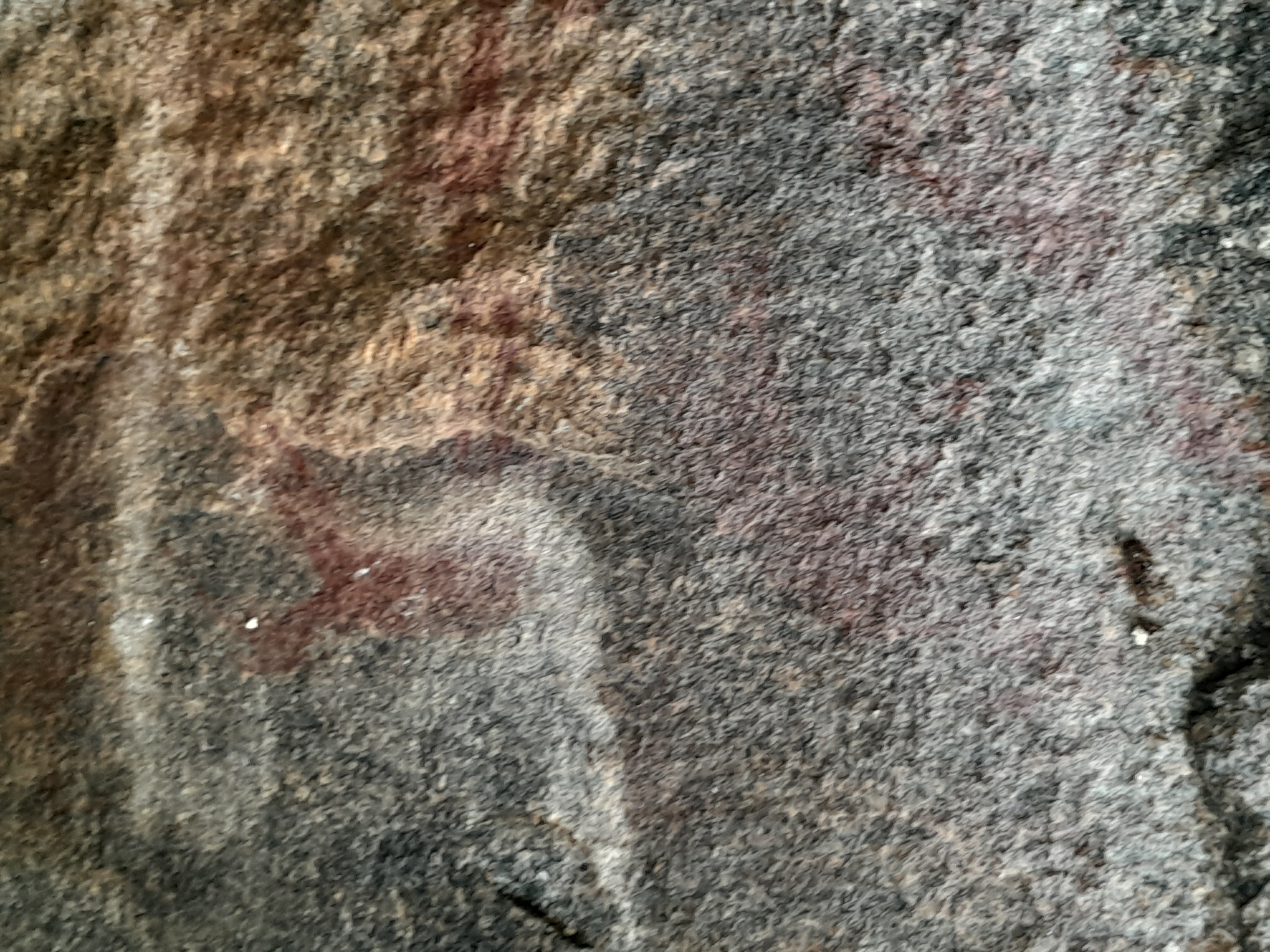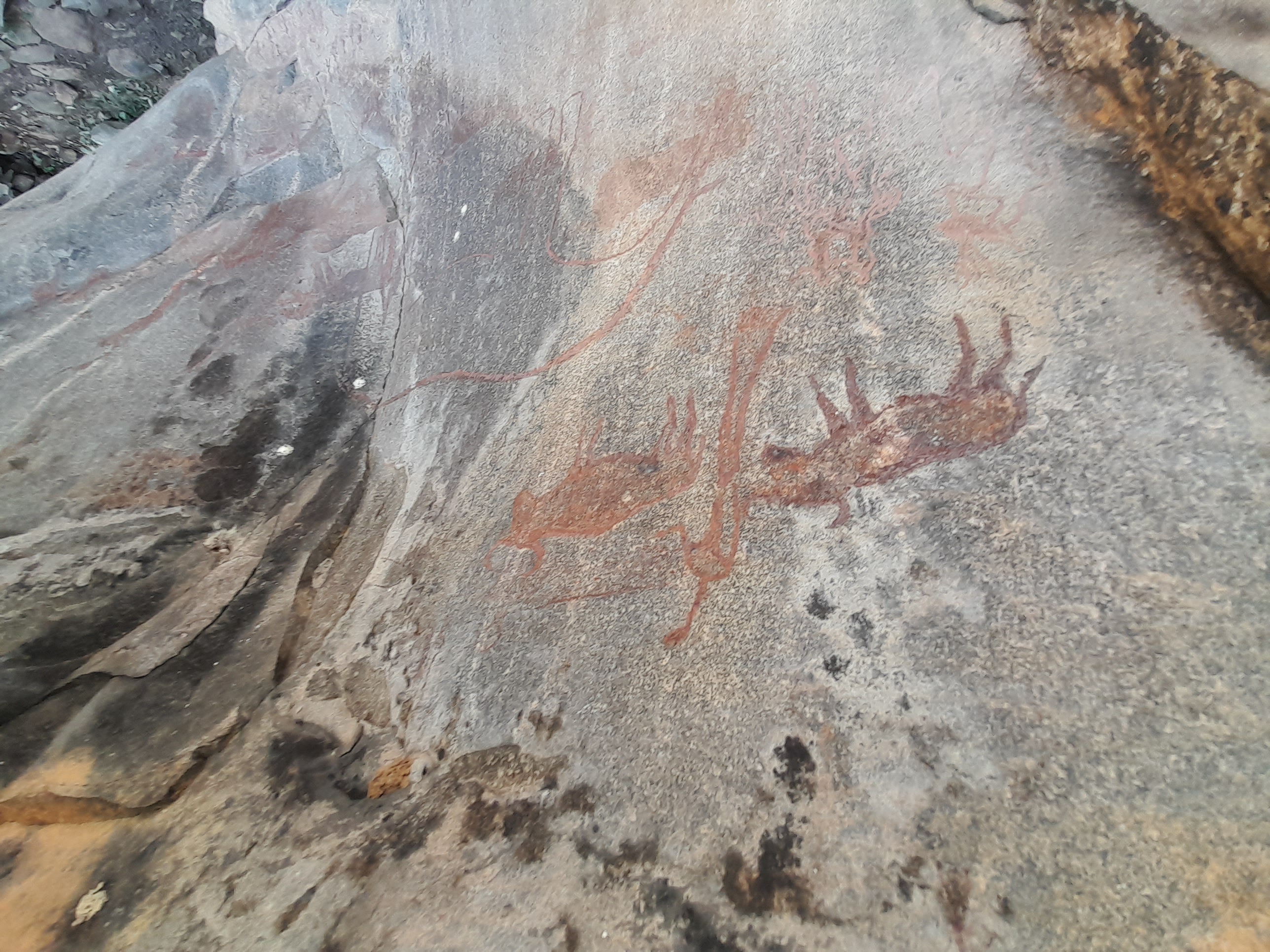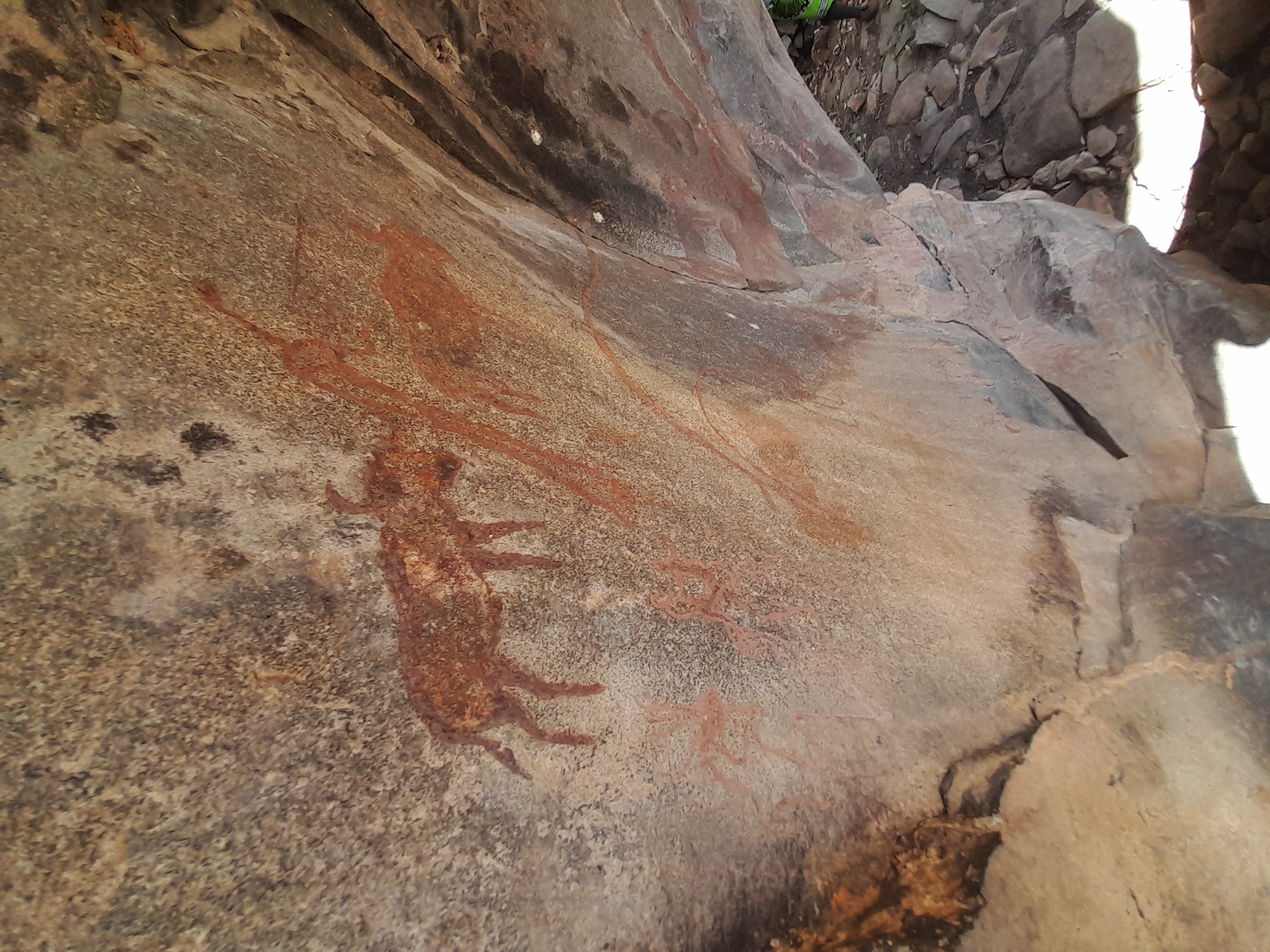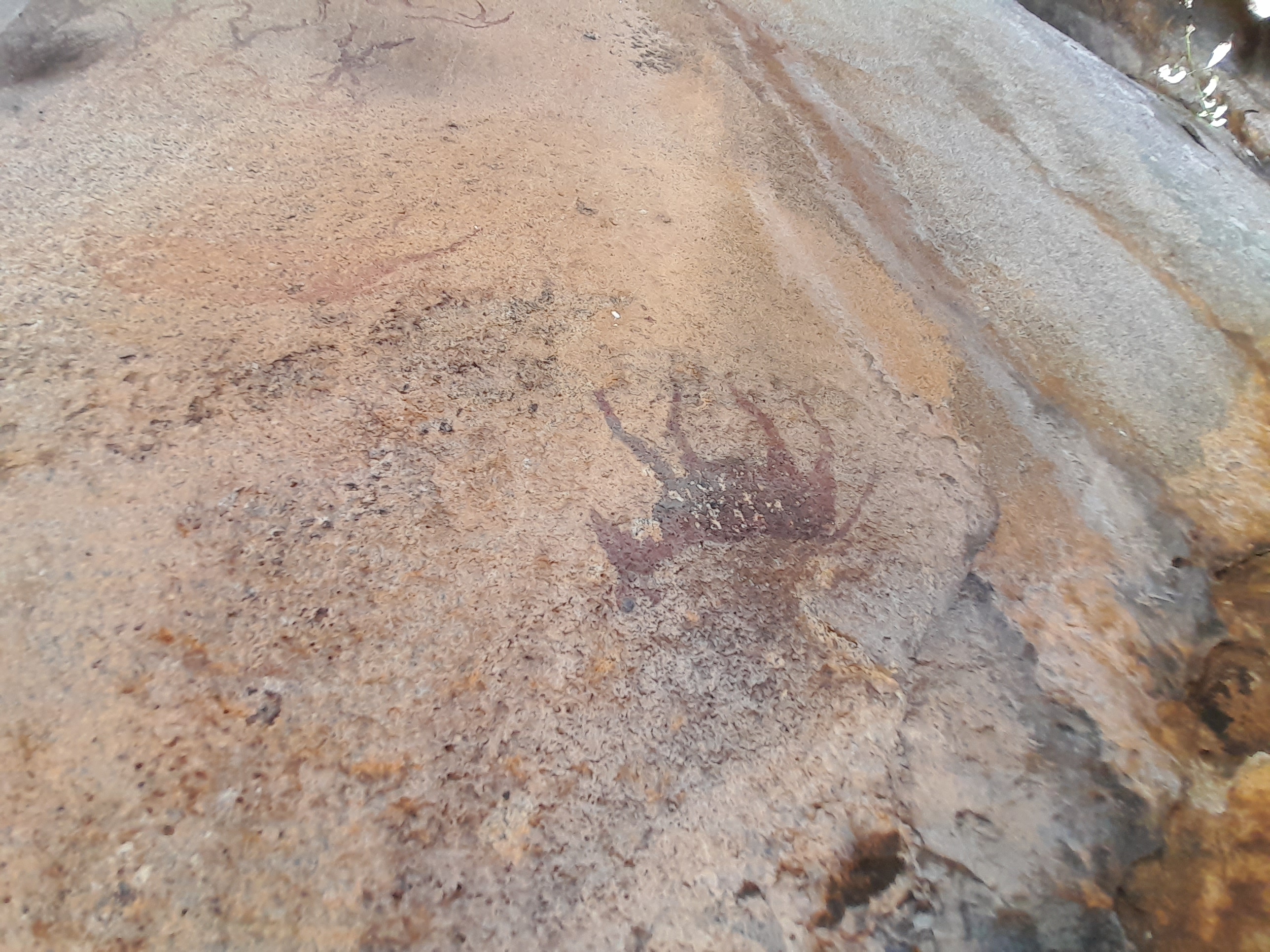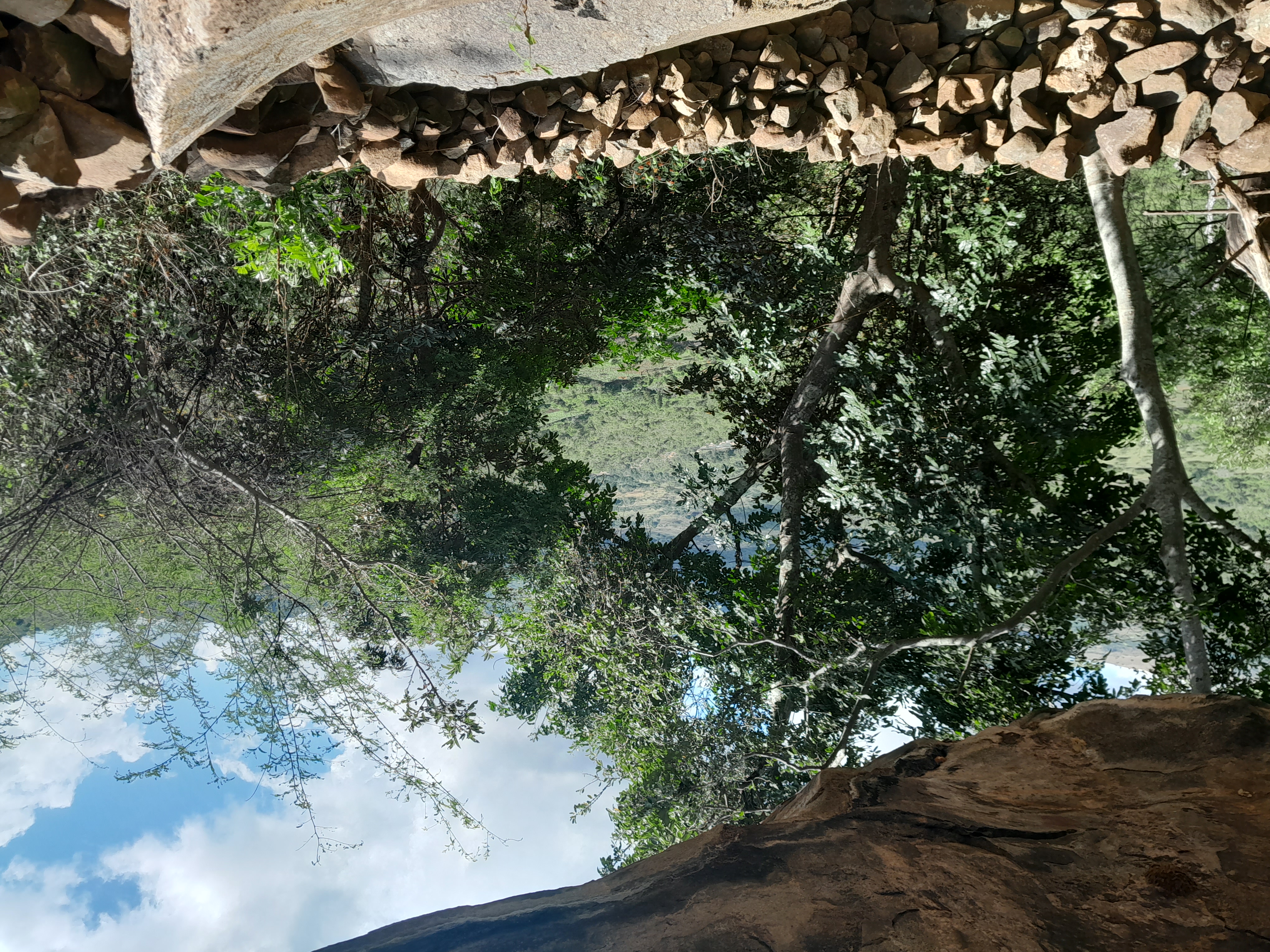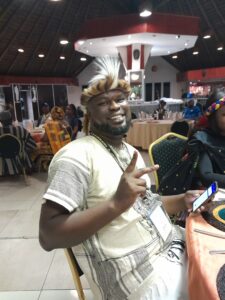
There are a lot of things I’ll NEVER do. One is eating meat. Another is learning how to use a gun and the other, I thought, was becoming a Rotarian, but never say never because I’ve just attended DISCON, the annual conference for District 9400 with 200 other Rotarian delegates from Botswana, Mozambique, Kenya, Nigeria, South Africa and Eswatini. It’s not often you can talk to so many nationalities without moving more than 10 metres.
I was there to deliver a rousing speech with the District Governor, Koekie Makunyane-Quashie, and Mandla Mlipha, Environmental Science lecturer, that would get every single Rotary Club in the district (70) to join me on World Cleanup Day to clean up a space in their own space. The key theme of this year’s Rotary is to IMAGINE Change, and so I asked the members to IMAGINE how incredible it would be and what kind of impact it would have if everyone cleaned up a piece of their own hood. I think the loud applause showed that they could.
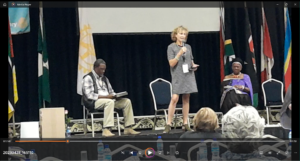
Eswatini government representatives were there, too, and the environment was on their agenda. Moses Vilakati, Minister of Tourism and Environmental Affairs, told us about his plan to ban single-use plastics and how he had already organised several cleanups. But his closing comment was worrying. “Our problem is that telling people they cannot throw their rubbish where they want to is also perceived as restricting their personal freedom.”
Deputy Prime Minister, Themba Masuku, followed and, within the first few phrases, established his ‘earthy’ background as an agriculturalist and irrigation expert. I wonder if someone had told him to watch out for the noisy tree hugger in his audience. Later, I pushed a phone in his face and asked him to summarise his priorities for Eswaitini’s environment, which he did, convincingly, but of course, every story has its inside. Eswatini is one of the world’s few countries (and the only one in Africa) that is an absolute monarchy. Mswati III has been king since 1986, and he appointed Themba Masuku to serve as his Acting Prime Minister from 13 December 2020 to 16 July 2021. During this time, Masuku ordered the violent suppression of demonstrations against King Mswati III’s lavish lifestyle and alleged misuse of public funds, with the underlying demand for a more democratic system. The freedom to throw rubbish and the freedom to vote seem strange bedfellows.
Men Who Know
Much more positively, Rotary’s Women’s Empowerment initiative is impressive, but I didn’t realise how impressive until I listened to Sethu Shongwe (a young man from Rotary Club Manzini) describe his incredible initiative called Men Who Know. First, he teaches boys and young men about menstruation so that they can support and understand the women in their lives, and then he goes on to work with women to deliver Body Literacy sessions so that both genders understand each other.
The learning list was long for me, but some discoveries are particularly worth highlighting. How about the Rotary Anns (wives of Rotarian men who don’t want to join even though they’ve been allowed to since 1989 – my kind of women), who raise R12,000 monthly in their charity shop? Or the ‘Knitted Knockers’ scheme for women who have undergone a mastectomy program but can’t afford implants. And finally, the Polio Plus vaccination campaign that convinced (coerced?) Bill & Melinda Gates to match and double every donated Rotary Rand.
Eswatini (aka Swaziland) – a precis
People who know Dr Who will also know about his time travelling machine, the Tardis, which was bigger on the inside than the outside. Eswatini is the land-based version – one of the smallest countries in Africa by area but with horizons big enough to span the entire continent. During four days, Paul and I drove through gorges, over mountains and crossed rivers that could have been Nile’s second cousins. All breathtaking and beautiful, but our takeaway memory is of the unbroken electricity cables and still-standing street lights, a stark contrast to what we see in South Africa, where everything copper is gold for the people who steal it. And then the non-stop electricity. “Load shedding is a South African disease,” a Mozambiquan delegate told me with poorly disguised irony. “Isn’t it time someone found a vaccine?”
“An injection against Eskom?” I asked.
If you’re South African, you’ll know what I mean.
The economy of South Africa is the second largest in Africa, and the most industrialised, technologically advanced and diversified economy, while Eswatini is classified as lower-middle income. Puzzled face emoji.
Highlights
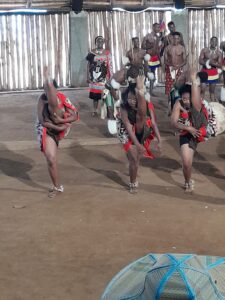
First, the traditional dancing, which after three sessions in three locations, taught us that dislocating high leg kicks feature in every genre of Eswatini tribal choreography.
Then the visit to a tribal village where the guide informed us that women are not allowed to eat cow brains because it will make them more intelligent than men, or tongues because it will make them talk too much, and finally, not the feet because it will make them run away. I wouldn’t need feet. I’d be out of there long gone before!
Finally and most memorably, the Nsangwini Rock Art on the northern flank of the Nkomati Valley between Maguga Dam and Piggs Peak. But I’ll let our guide Unghani (what her mother said when she gave birth to her fourth child) tell you about it.
